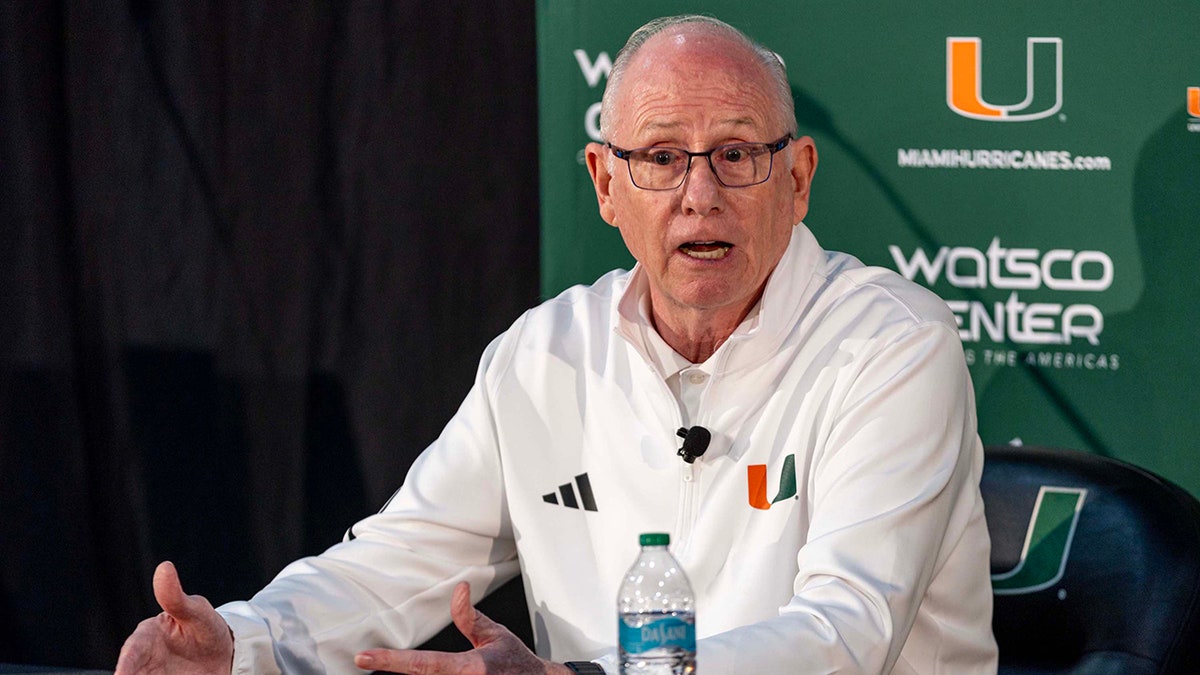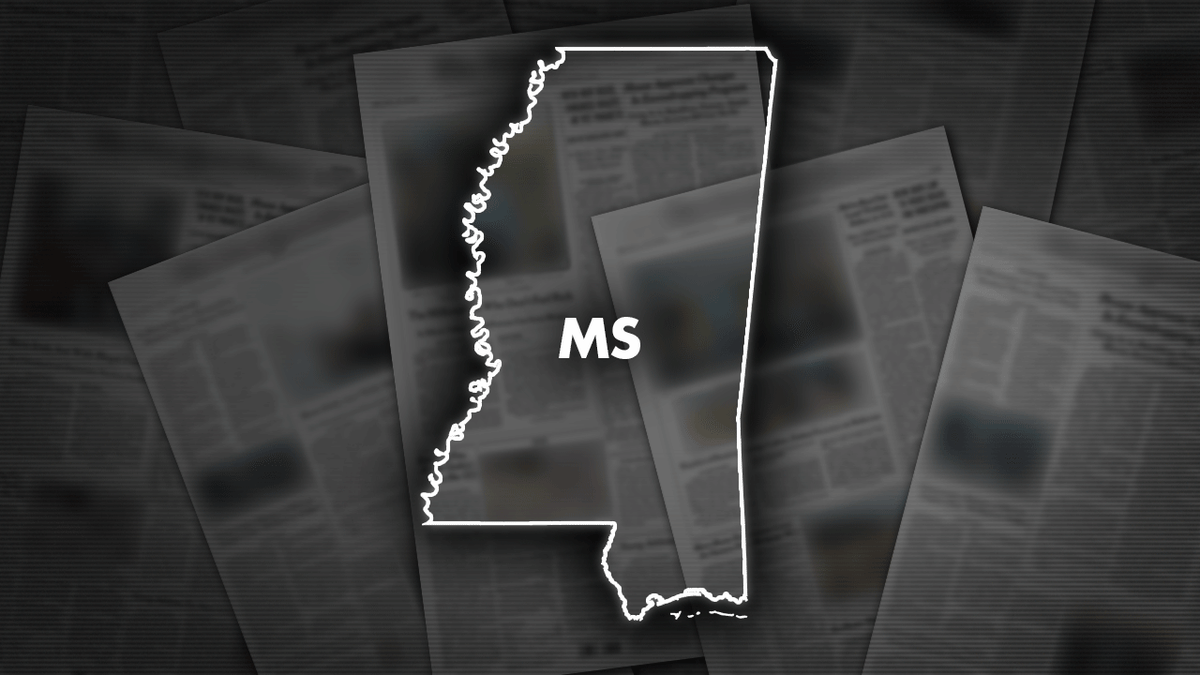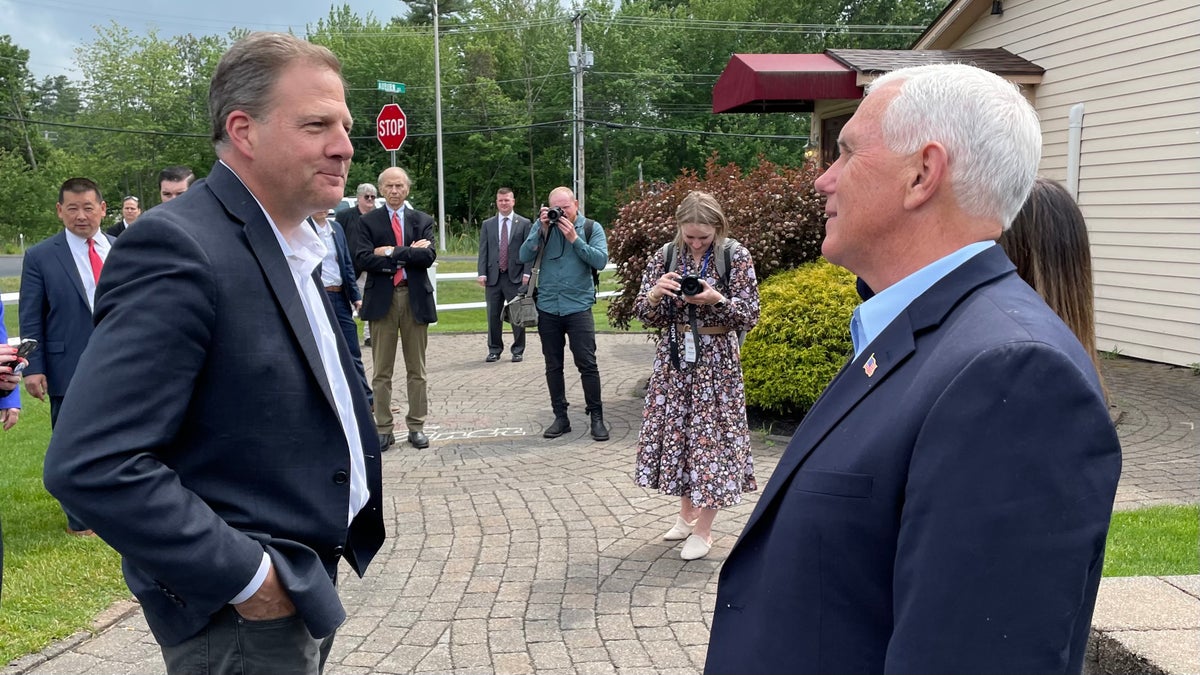First Lady Jill Biden recently emphasized the far-reaching consequences of state abortion restrictions, asserting they extend beyond the abortion debate itself. During a White House discussion with women affected by these laws, she highlighted the devastating impact on women's health, fertility, and overall lives.
These remarks come just before a White House event commemorating the first anniversary of the Supreme Court's Dobbs v. Jackson Women's Health Organization decision, which overturned Roe v. Wade. The First Lady expressed concerns that medical professionals are sometimes hesitant to provide necessary care due to uncertainty surrounding the legality of various procedures in the wake of these new laws.
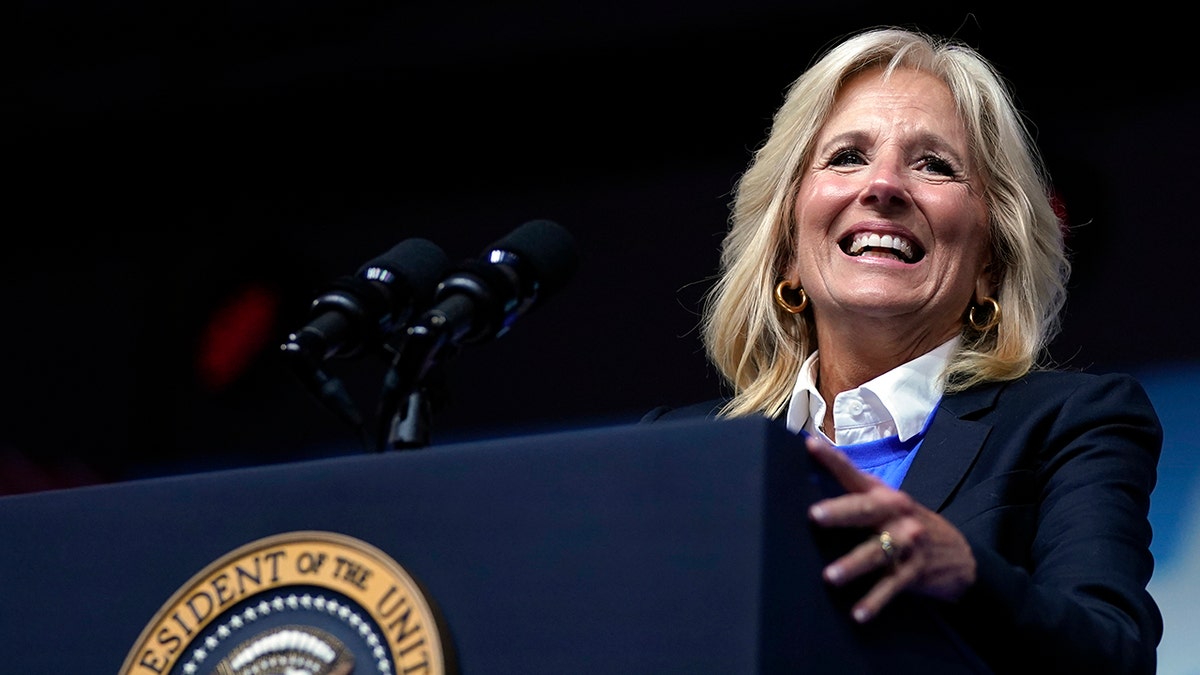
The First Lady shared stories of women from Texas, Florida, and Louisiana who experienced difficulties accessing necessary medical care during their pregnancies. One woman, Anya Cook from Florida, recounted a near-fatal experience where she was denied treatment after her water broke prematurely because of the state's 15-week abortion ban. Despite the fetus's inability to survive, doctors were unwilling to intervene due to the presence of a heartbeat. Cook ultimately miscarried and now faces uncertainty about her future fertility.
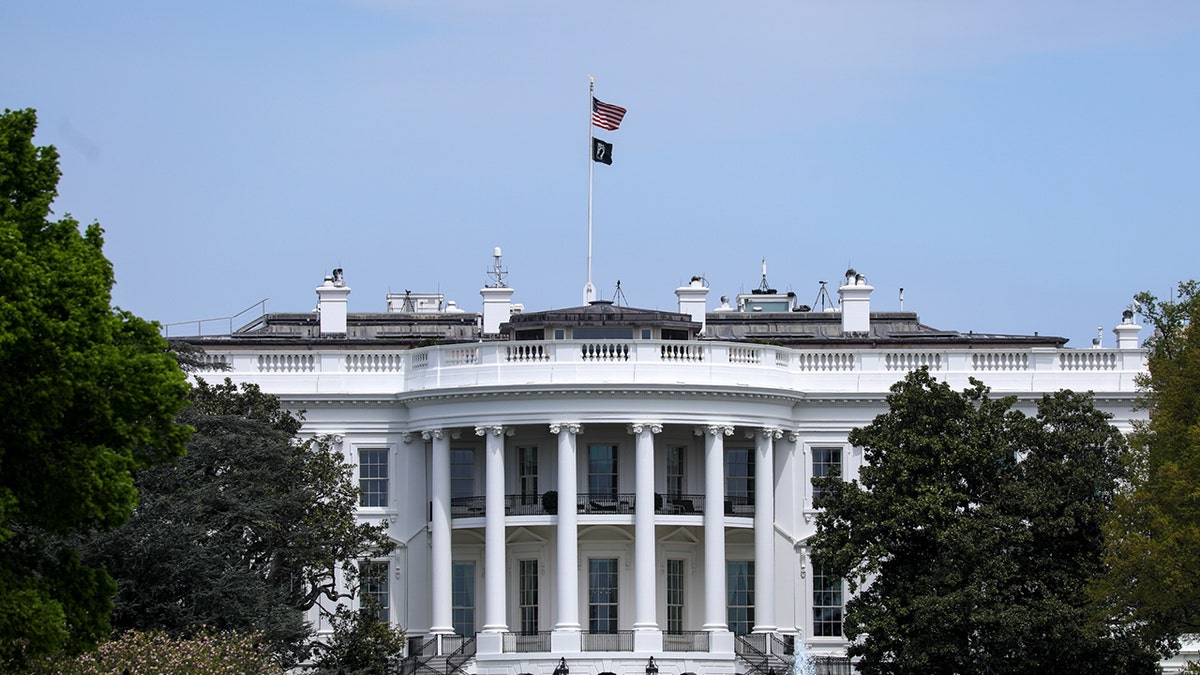
Another participant, Dr. Austin Dennard from Texas, shared her experience of having to leave her state to obtain an abortion. She has since joined a lawsuit challenging Texas's abortion restrictions. Both women expressed their frustration with the government's interference in their healthcare decisions.
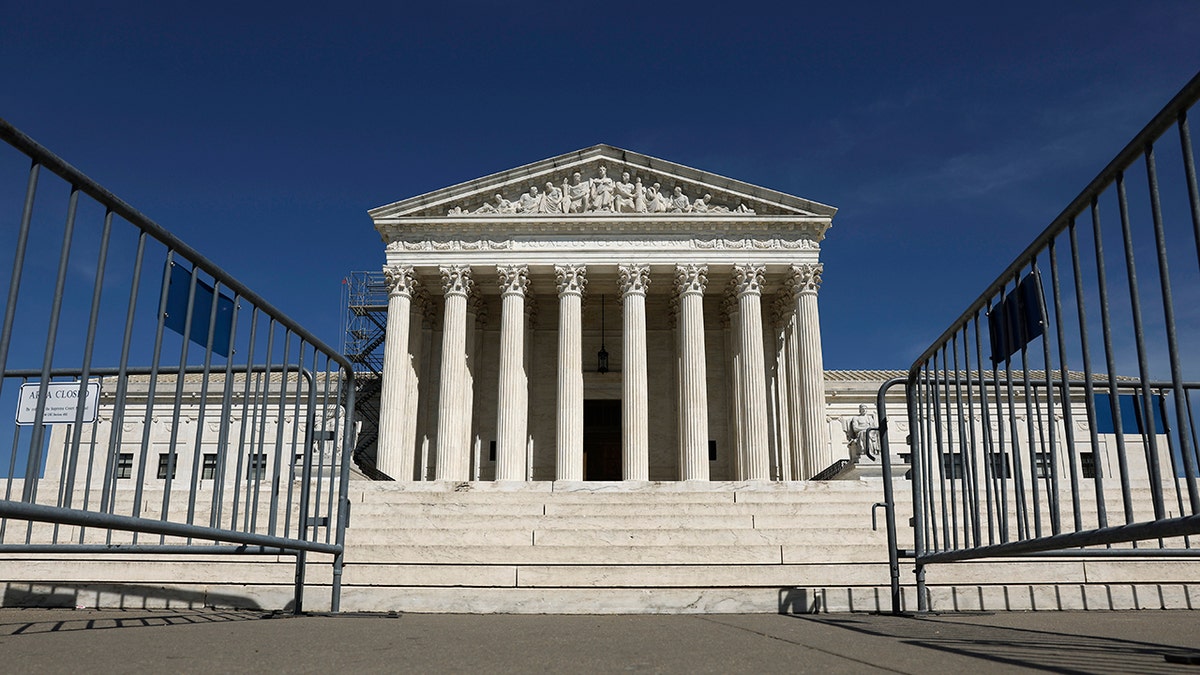
Jill Biden conveyed President Biden's commitment to addressing this issue and his call for Congress to codify the protections of Roe v. Wade into federal law. The Biden administration has planned several events to mark the anniversary of the Dobbs decision, including appearances by the President, Vice President Harris, and the Second Gentleman. Vice President Harris will also deliver a speech in North Carolina focusing on the administration's efforts to protect reproductive rights. The Supreme Court's decision has led to numerous states enacting abortion bans, significantly impacting access to reproductive healthcare across the country.


